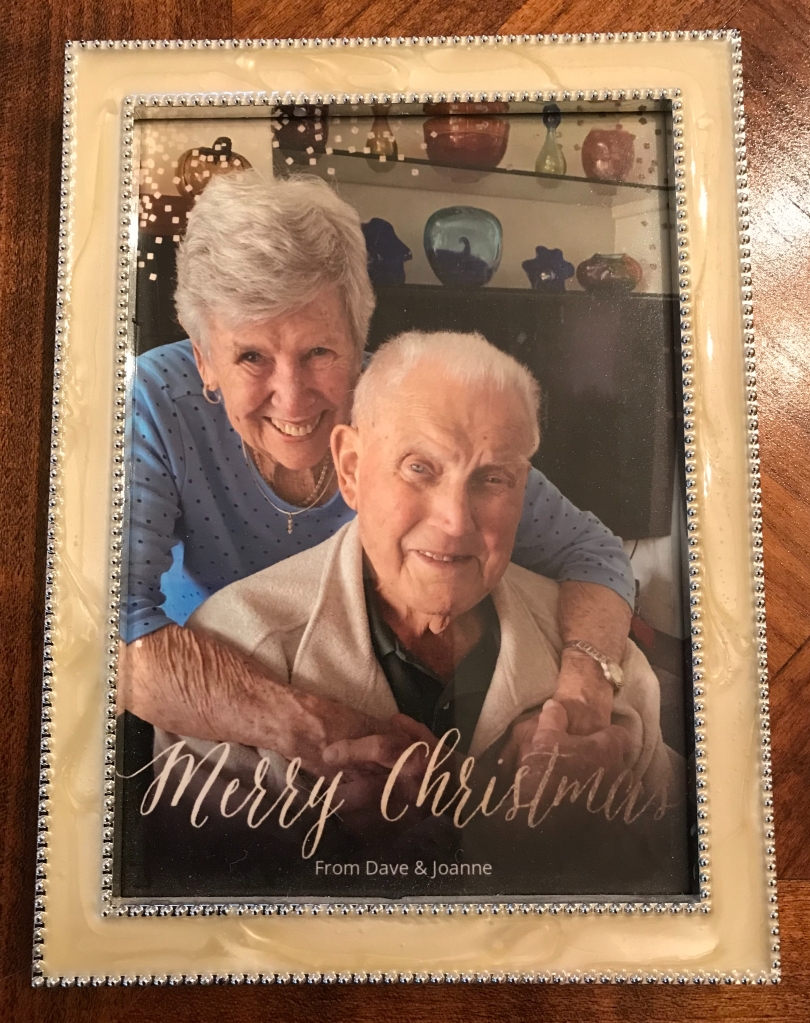
The mantra of modern business decision-making is often tied to the basic concept of data-driven reasoning. If you hold a leadership position within an organization, you know that understanding data is a mandate. Data is the foundation for supporting a thesis, building consensus around a point of view, or building an argument for change. Data won’t tell us everything we need to know, and data can easily be misinterpreted, but if we aren’t looking at objectively collected data in forming an analysis, we might be better off buying lottery tickets than investing our company’s money in a resource-heavy plan.
If we know that data is essential to our success, and we know that critical decisions are better informed with data than without it, how is it that so many myths creep into the workplace? By myth, I mean a widely shared belief in a set of rules that a company has adopted without a sufficient test or challenge. In the worst of all circumstances, that myth may have no foundation at all.
As companies grow and practices become routine, repeated behaviors can be handed down from one generation of managers to another. I’ve often written about the notion of “but we’ve always” to point out the routines we come to follow without question, long after the reasoning for those practices has become obsolete. Most companies are guilty of this in one form or another. The good ones find a way to eliminate obsolete practices before they do real damage. Failed companies often find themselves immersed in a death spiral because they stopped questioning what made them successful and found it more expedient to repeat the same actions long after their relevancy left the playing field.
Each year in our cycles of strategic planning, we ask ourselves what is working and what isn’t. Data is often a great indicator in both directions. When we see metrics trailing downward and don’t ask ourselves why, we allow passive behavior to perpetuate itself. Often when we dig into that data, we find there are reasons something that was working no longer is creating the value that was expected. Several things could be going on: a once solid practice has become obviated, a proven practice that was working is no longer ardently being followed, or a practice has emerged from grassroots innovation to replace an existing practice because the people who created the variation come to believe it works — without proper data to support it.
Any of these cases for decline are possible, as are a host of others. All of them allow myth to replace math. When myth in a company takes over workflow, nothing good is likely to happen. It is always our job to sniff for myths — to question existing practices when data reveals a negative trend that must be corrected. Bringing deliberate change is what effective leaders do. Allowing myth to perpetuate is how once-great companies join the dead brand graveyard.
We are always fighting myths. We discover practices we put into place a decade ago were never updated for new technology. We discover a practice we reinvented to drive better results is quietly being rejected by staff members who either don’t like it or don’t understand it, but are sure they are helping matters by covertly sticking to the old practice.
Perhaps we observe a decline in KPIs and temporarily conclude something must be wrong with raw materials because we know the processing methodology we put in place is sound, only to discover that methodology has been misunderstood by the team members utilizing it. We may discover that a team’s interpretation of methodology widely differs from the guidelines developed, not because the guidelines are unsound, but because they have been explained poorly.
In each instance, a myth of what we are doing and why we are doing it overtakes what should be standard operating procedure. It could be an honest set of mistakes. It could be a misunderstanding. It could be a lack of rigor in reevaluating once-proven practices. Regardless of cause, data tells us if we are winning or losing in the form of metrics and dollars. If those signals are getting worse and we fail to delve into the practices behind the decline, we let the myth of proper functioning triumph over the innovation required to unseat the myth.
Company culture is highly efficient at enforcing rules. Veterans in companies are eager to tell rookies “how things are done here.” Sometimes rookies learn existing processes, immediately convince themselves there is a better way, and think they are doing us a favor by doing things that better way without a proper framework for evaluating results. Sometimes company culture is our ally and creates peer reinforcement of best practices. Sometimes company culture invents its own set of operating principles assuring the peer group everything is going as planned when that is not true.
Organizations function from an agreed set of rules, but often the origination of those rules is long-forgotten while the perpetuation of those rules lives on. Myth-busting makes old rules go away, ad hoc rules become exposed, and misunderstood rules become clarified. If we’re looking at data that tells us something is wrong, our intuition in identifying wrongness is only a first step toward correcting it.
Ask yourself if there might be a myth undermining your success. Then go look for it, and without embarrassing anyone, quickly build a consensus to reveal the misapplied rule. Do this often enough and the myths you sniff will be systemically corrected. No company can eradicate all its myths, but companies in constant learning mode can shorten the longevity of misconceptions and revitalize broken practices by reconciling conjecture with data.
That’s how teams get past myth and win together with shared understanding.
_______________
Image: Pixabay



